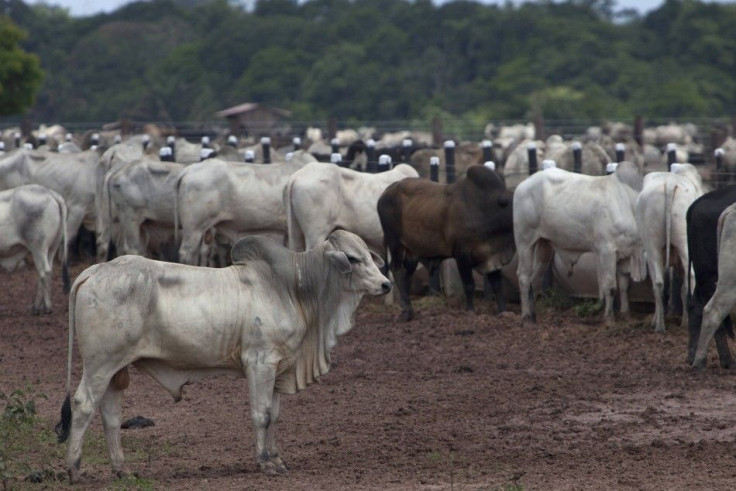Australia Restarts Livestock Exports to Egypt, Ends Two-Year Hiatus, But Markets May Already Be Lost

Australia's all poised to lift the hiatus it imposed on livestock exports to Egypt two years ago. Livestock exporters however aren't exactly excited to jump on the gun as the suspension timeline could have been lost to other exporters.
Australia last exported sheep to Egypt in 2006, while it last shipped cattle in 2012. This was spurred by a video footage that showed Egypt's animal cruelty from two of its abattoirs.
The suspension was primarily lifted after both countries agreed to implement the Exporter Supply Chain Assurance System (ESCAS). Under the latter, it is the Australian exporters who will be responsible for the welfare of Australian livestock up until the point of slaughter.
"Back in 2012 when the industry placed the export suspension on the market following to incidents of poor handling and cruelty, we made it clear to the Government and the public that reopening of the market would be dependent on a move to ESCAS and agreement around HGPs," Alison Penfold, CEO of the Australian Livestock Exporters' Council (ALEC), said.
"While it is disappointing it has taken almost two years to gain agreement to do so, today's announcement now provides clarity around market access and allows exporters to establish supply chains under ESCAS, the world's only export supply chain assurance system."
The ESCAS imply that exporters may only send Australian livestock to feedlots and abattoirs if they have been approved by the Australian Government. Compliance with international (OIE) welfare standards is the foremost requirement.
Ms Penfold however said exporters have yet to decide to recommence sheep exports especially since exporters of other countries have pounced on the opportunity created when Australia declared the hiatus.
"With Australia out of the market for the past two years, Brazil has moved in to at least one supply chain and with that comes little to no welfare standards or oversight underpinning their export operations and does little to improve welfare standards globally," she said. "Our regard for welfare... puts Australian exporters at a competitive disadvantage."
"In relation to the possibility of sheep exports to the market, there will need to be infrastructure changes in existing facilities in order to handle large volumes of sheep. This means that the sheep trade is likely a medium to longer term proposition for exporters."





















